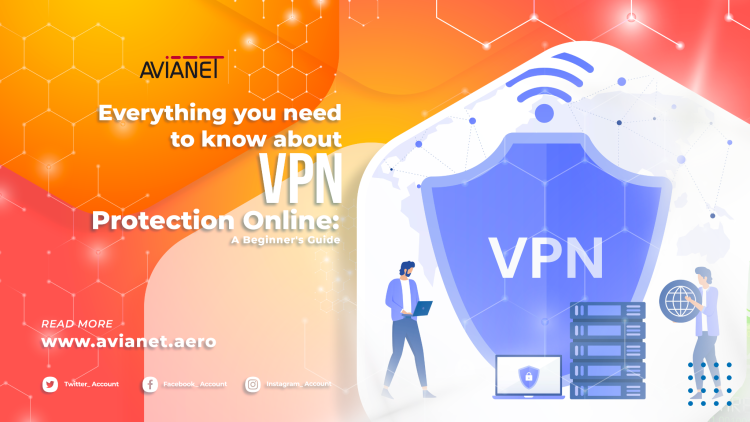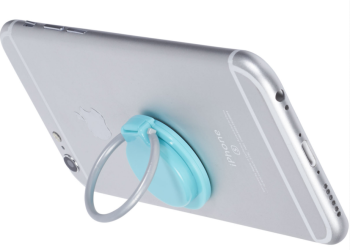If you’re looking to improve your online security and keep your data private and secure, then you should consider using a VPN. But what exactly is a VPN and why should you use them? VPNs are virtual private networks, and they have several benefits. Some of these benefits include improved speed, increased security, and increased privacy. VPNs allow you to connect to a remote server in a different country so your traffic comes through that server and no one else can view it. VPNs are available for all your devices, so you can make them a part of your daily life.
What is VPN?
A VPN is a Virtual Private Network. It is a way that people can connect to networks they wouldn’t otherwise be able to connect to. VPNs are especially helpful for people who want to use public Wi-Fi networks, such as those found at coffee shops. The VPN creates a secure connection between the user and the Wi-Fi router. This prevents hackers from getting access to private information. VPNs have many other benefits, including the ability to unblock censored content and bypass geo-blocking. It is best to use a VPN on a computer or laptop. If you are using a computer, it is also a good idea to use a VPN on a mobile device.
How do VPNs work?
A VPN is a virtual private network that creates an encrypted connection between your computer and the VPN server, masking your IP address and replacing it with one from the VPN server. This means that your internet provider cannot see what you are doing online. A VPN can also help you to bypass country-specific content filters, such as those that are implemented in schools, libraries, and workplaces. For instance, A free PC VPN that can be used for anything is iTop VPN. It makes sure top-tier encryption algorithms, the fastest data transfer rates, and the circumvention of geographical limitations. among all rivals, a Windows VPN that is quite trustworthy.
Pros and cons of using a VPN
To avoid online privacy risks and ensure the safety of your data, you should consider using a VPN. The benefits include:
- Protecting yourself against identity theft
- Protecting yourself against hackers
- Protecting your data from being intercepted
- Protecting your data from being spied on
The disadvantages include:
- It can slow down your internet connection
- It can impact your bandwidth
- It can make your computer run slower
- It can cause you to have to pay more
If you are interested in VPNs and want to protect your data, then you should consider the pros and cons of using them before making a decision.
Conclusion.
As the Internet continues to grow in popularity, so do the risks associated with it. With the rise of cybercrime comes the need for increased online security. With that in mind, the use of VPNs has become increasingly popular. VPNs allow you to change your IP address, encrypt your data, and easily unblock content. VPN is the best tool to bypass censorship. In addition, VPNs can help to protect your privacy and identity by encrypting your connection. The best way to use a VPN is to use it for all of your online activities. This includes browsing the web, streaming content, and downloading files. It is important to note that not all VPNs are made the same. Check here to descargar VPN for your safety on the internet.























